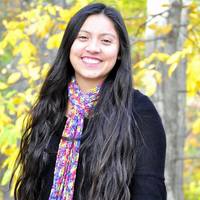Sobre este Proyecto
Las mujeres juegan un rol importante en la conservación de los recursos naturales. Se deben facilitar todas las herramientas técnicas y financieras para fortalecer su liderazgo. Graciela Coy-Activista ambientalista guatemalteca
My name is Miriam Velazquez Castillo, I come from a rural community located in the center of the Sierra Gorda Biosphere Reserve called Arroyo de las Cañas, Jalpan de Serra (Qro, Mexico), where we lack opportunities for higher education. Despite this, I had the desire to study marine biology since a young age and eventually help manage and preserve the marine environment. As a result of my economic situation, I went to study Biology at my local state university (Autonomous University of Queretaro).
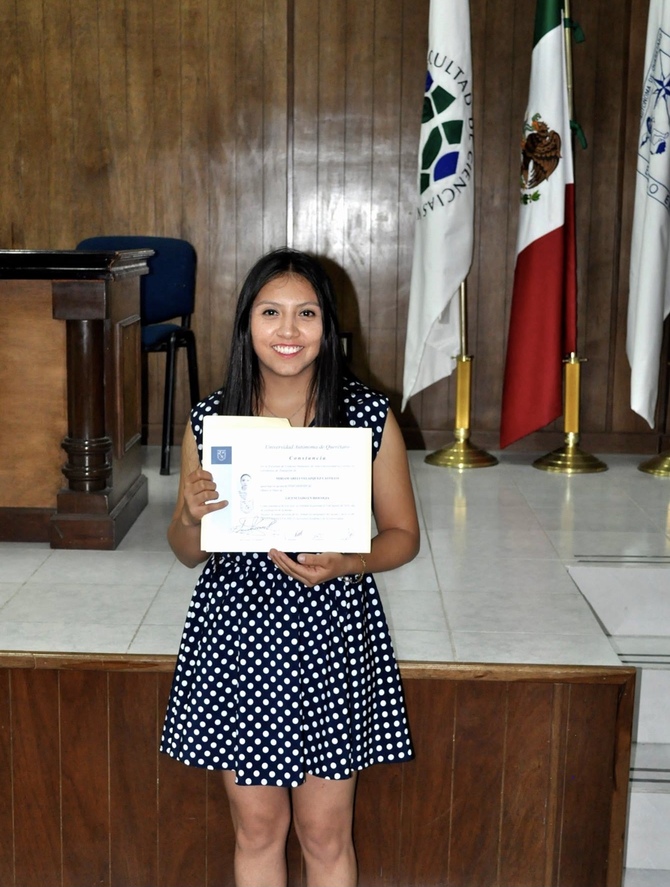
Following my graduation, I started working as a high school science teacher, and then on a governmental science communication program for children. Although these jobs were very much gratifying, I still had not lost my goal to study a marine biology master’s degree. Therefore, I applied to study my master’s degree in the UK at the University of York, and I was accepted onto a Marine Environmental Management program in 2019. I was attracted to this degree because it had a strong fisheries management component that was taught by researchers who were leaders in their field, and I was able to enroll in this program because I obtained a Mexican scholarship for science research (CONACYT), which this year was canceled due to the pandemic.
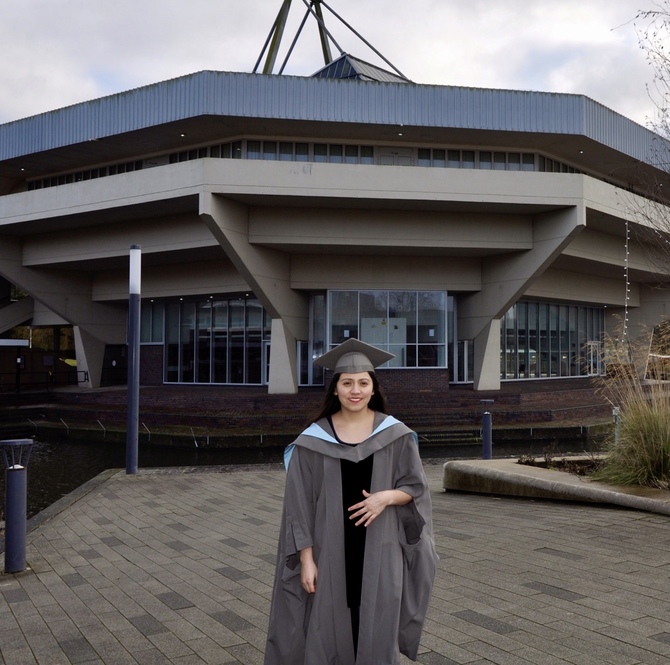
Necesitamos construir una relación distinta con la naturaleza escuchando las voces de las mujeres y las niñas que protegen y cuidan el territorio y los recursos. ONU mujeres
My undergraduate research was published in the recognized science magazine Marine Biology in 2017, and presented at an international conference (collaboration with Dr Fernando R. Elorriaga-Verplancken). It focused on trophic ecology (based on stable isotopes) of northern elephant seals in the San Benito Archipelago, Baja California, where we obtained evidence on intersexual foraging variation, common among dimorphic pinnipeds (https://doi.org/10.1007/s00227-017-3192-z); and for my master’s degree dissertation called “Ranking the impacts and sustainability of different fishing methods” (supervised by Dr Callum Roberts), I evaluated the collateral impact of 12 fishing gears on marine wildlife and habitats. This research will support a bigger project call “Rethinking Fisheries Sustainability for a Crowded, Hungry and Fast-Changing World”, which aims to update sustainability principles of the Marine Stewardship Council, by proving that this organization is failing on its objectives and needs to improve its “sustainable principles”.
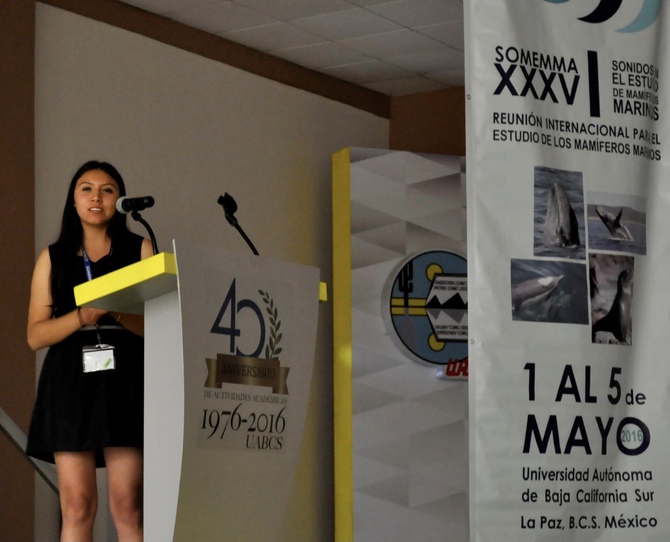
Until we get equality in education, we won't have an equal society. -Sonia Sotomayor
I have been admitted onto a Marine Biology Ph.D. program at Scripps Institution of Oceanography (University of California-San Diego), a world-leader institution in conservation and biodiversity research. Here, I will be part of the Gulf of California Marine Program led by the Mexican researcher Octavio Aburto-Oropeza. As an international student my Ph.D. year costs around 30,000.00 dollars (the amount usually covered by CONACYT and the university), however, because of the cancellation of CONACYT scholarships, I am not able to enroll in the program which I should start in Fall 2021. In support of my dream, I have applied for governmental support, and international grants, and following the next months, when more calls for grants/scholarships open, I will keep applying for them.
"Si la destrucción y la muerte es el progreso, pues estamos en contra...¿El progreso para quién? ¿El desarrollo para quién?"-Marychuy, vocera del Concejo Indígena de Gobierno.
I want to do my research in the Gulf of California because this area is considered the most significant fishing region in Mexico but lacks sustainable fishery management (1). In addition, the majority of Marine Protected Areas in the region work as paper parks due to a lack of governance, community support, and enforcement, which leads to the MPAs failing to protect ecosystems (2,3). As a part of my Ph.D. research, I will evaluate the fisheries' effects on marine wildlife located in a marine reserve to provide better management and conservation strategies in my country, taking into account social, economic, and environmental circumstances. We are aware that fisheries had been a huge problem in the Gulf of California, and in Mexico, and had been leading to critically endangered species situations.
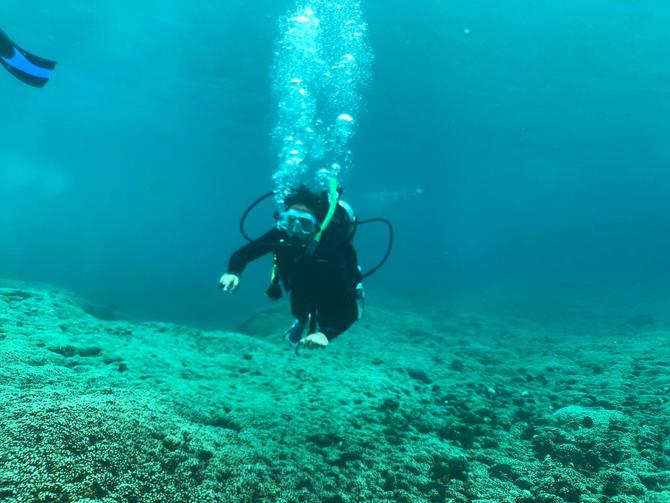
“La defensa del medio ambiente es indisociable de los derechos humanos y la búsqueda de la justicia social”-Mercedes Pombo-Activista ambientalista argentina
Currently, I am organizing, and promoting environmental education for children in my hometown next to an NGO called CEIBAS A.C., where we aim to work with sponsorship to make affordable the workshops for all the children in the region. The Sierra Gorda Biosphere Reserve is one of the most important Natural Protected Areas in Mexico but lacks environmental education, which is crucial to promote conservation of the reserve. Furthermore, with this environmental initiative I had been selected one of the 20 outstanding young minds that are invited for Impulse Boost Camp 2021 (an international training course for climate activists), which will take place from 4 - 12 September 2021 in Schneeberg, Erzgebirge, Germany. As a biologist, I believe that doing science and sharing knowledge can be a great action for the protection of the environment, and try to make the world a better place.
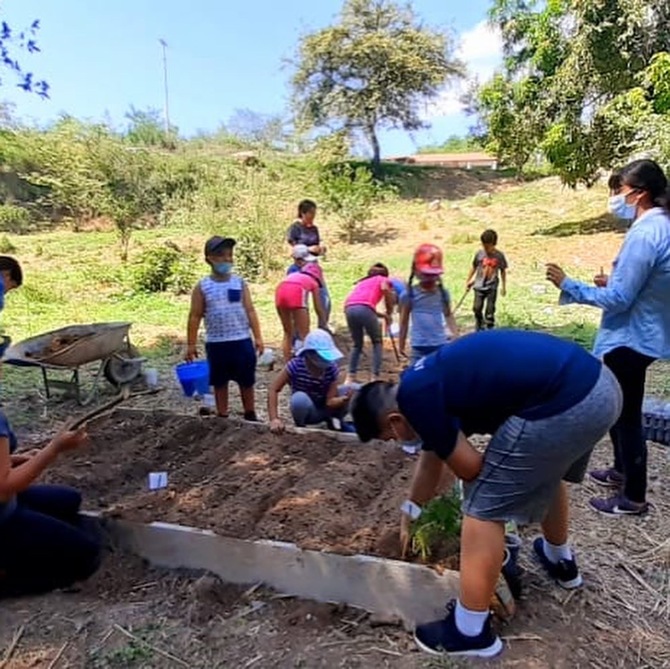
In my life, I have struggled with educational, cultural and economic disadvantages, I come from a large family of eight siblings and my parents are a janitor and a housewife. Being the second oldest means that I have had to help support my family economically since a young age. Deciding to study higher education meant going against my parents' idea. However, I always was able to keep studying thanks to governamental social programs and scholarships, which I earned thanks to my grades and effort. As well, my English language is mostly self-learned as my student years lacked any form of English classes in the curriculum. Although I have had many disadvantages and barriers holding me back from education, I have never given up, and I keep on working hard to reach my dream of being a marine biologist and do research and promote conservation of the Mexican seas.
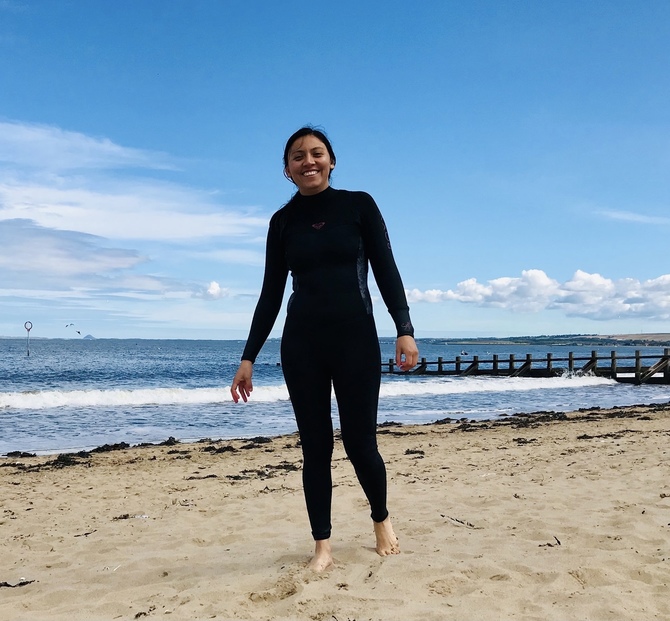
You can support me by making an online contribution and sharing mi project with your friends and family in social media, Whatsapp and Email. :)
WE ALL DESERVE THE SAME OPPORTUNITIES
My name is Miriam Velazquez Castillo, I come from a rural community located in the center of the Sierra Gorda Biosphere Reserve called Arroyo de las Cañas, Jalpan de Serra (Qro, Mexico), where we lack opportunities for higher education. Despite this, I had the desire to study marine biology since a young age and eventually help manage and preserve the marine environment. As a result of my economic situation, I went to study Biology at my local state university (Autonomous University of Queretaro).

Following my graduation, I started working as a high school science teacher, and then on a governmental science communication program for children. Although these jobs were very much gratifying, I still had not lost my goal to study a marine biology master’s degree. Therefore, I applied to study my master’s degree in the UK at the University of York, and I was accepted onto a Marine Environmental Management program in 2019. I was attracted to this degree because it had a strong fisheries management component that was taught by researchers who were leaders in their field, and I was able to enroll in this program because I obtained a Mexican scholarship for science research (CONACYT), which this year was canceled due to the pandemic.

Necesitamos construir una relación distinta con la naturaleza escuchando las voces de las mujeres y las niñas que protegen y cuidan el territorio y los recursos. ONU mujeres
My undergraduate research was published in the recognized science magazine Marine Biology in 2017, and presented at an international conference (collaboration with Dr Fernando R. Elorriaga-Verplancken). It focused on trophic ecology (based on stable isotopes) of northern elephant seals in the San Benito Archipelago, Baja California, where we obtained evidence on intersexual foraging variation, common among dimorphic pinnipeds (https://doi.org/10.1007/s00227-017-3192-z); and for my master’s degree dissertation called “Ranking the impacts and sustainability of different fishing methods” (supervised by Dr Callum Roberts), I evaluated the collateral impact of 12 fishing gears on marine wildlife and habitats. This research will support a bigger project call “Rethinking Fisheries Sustainability for a Crowded, Hungry and Fast-Changing World”, which aims to update sustainability principles of the Marine Stewardship Council, by proving that this organization is failing on its objectives and needs to improve its “sustainable principles”.

Until we get equality in education, we won't have an equal society. -Sonia Sotomayor
I have been admitted onto a Marine Biology Ph.D. program at Scripps Institution of Oceanography (University of California-San Diego), a world-leader institution in conservation and biodiversity research. Here, I will be part of the Gulf of California Marine Program led by the Mexican researcher Octavio Aburto-Oropeza. As an international student my Ph.D. year costs around 30,000.00 dollars (the amount usually covered by CONACYT and the university), however, because of the cancellation of CONACYT scholarships, I am not able to enroll in the program which I should start in Fall 2021. In support of my dream, I have applied for governmental support, and international grants, and following the next months, when more calls for grants/scholarships open, I will keep applying for them.
"Si la destrucción y la muerte es el progreso, pues estamos en contra...¿El progreso para quién? ¿El desarrollo para quién?"-Marychuy, vocera del Concejo Indígena de Gobierno.
I want to do my research in the Gulf of California because this area is considered the most significant fishing region in Mexico but lacks sustainable fishery management (1). In addition, the majority of Marine Protected Areas in the region work as paper parks due to a lack of governance, community support, and enforcement, which leads to the MPAs failing to protect ecosystems (2,3). As a part of my Ph.D. research, I will evaluate the fisheries' effects on marine wildlife located in a marine reserve to provide better management and conservation strategies in my country, taking into account social, economic, and environmental circumstances. We are aware that fisheries had been a huge problem in the Gulf of California, and in Mexico, and had been leading to critically endangered species situations.

“La defensa del medio ambiente es indisociable de los derechos humanos y la búsqueda de la justicia social”-Mercedes Pombo-Activista ambientalista argentina
Currently, I am organizing, and promoting environmental education for children in my hometown next to an NGO called CEIBAS A.C., where we aim to work with sponsorship to make affordable the workshops for all the children in the region. The Sierra Gorda Biosphere Reserve is one of the most important Natural Protected Areas in Mexico but lacks environmental education, which is crucial to promote conservation of the reserve. Furthermore, with this environmental initiative I had been selected one of the 20 outstanding young minds that are invited for Impulse Boost Camp 2021 (an international training course for climate activists), which will take place from 4 - 12 September 2021 in Schneeberg, Erzgebirge, Germany. As a biologist, I believe that doing science and sharing knowledge can be a great action for the protection of the environment, and try to make the world a better place.

In my life, I have struggled with educational, cultural and economic disadvantages, I come from a large family of eight siblings and my parents are a janitor and a housewife. Being the second oldest means that I have had to help support my family economically since a young age. Deciding to study higher education meant going against my parents' idea. However, I always was able to keep studying thanks to governamental social programs and scholarships, which I earned thanks to my grades and effort. As well, my English language is mostly self-learned as my student years lacked any form of English classes in the curriculum. Although I have had many disadvantages and barriers holding me back from education, I have never given up, and I keep on working hard to reach my dream of being a marine biologist and do research and promote conservation of the Mexican seas.

You can support me by making an online contribution and sharing mi project with your friends and family in social media, Whatsapp and Email. :)
WE ALL DESERVE THE SAME OPPORTUNITIES
